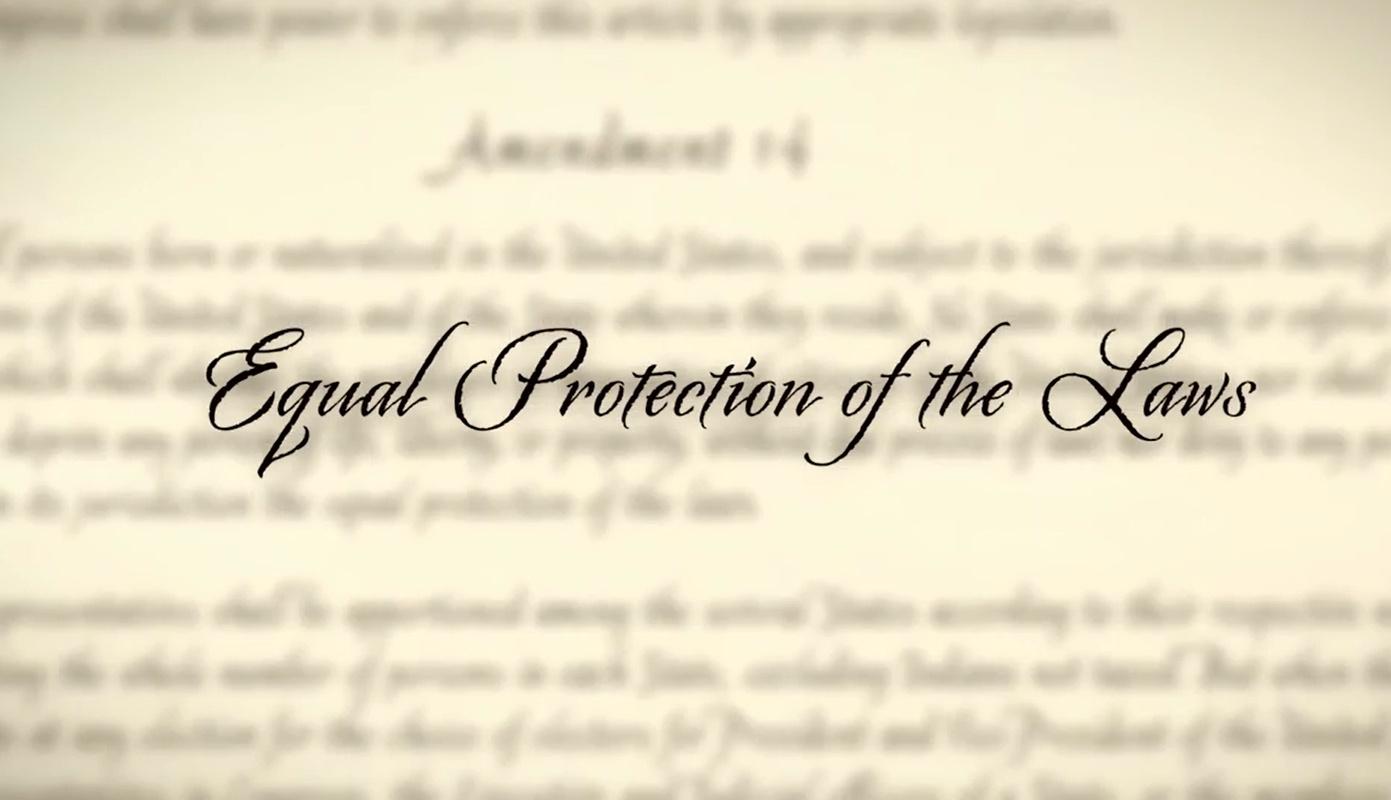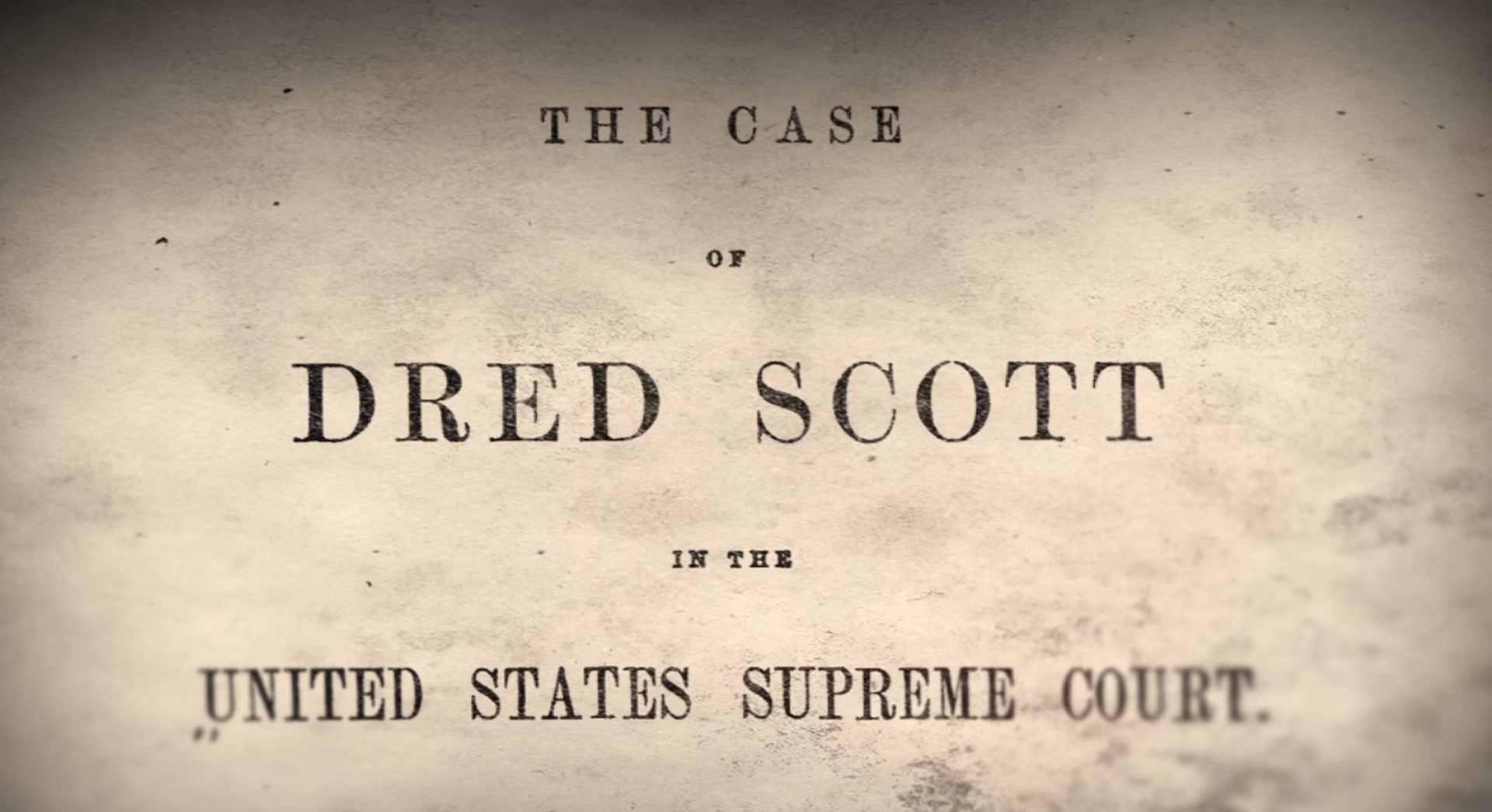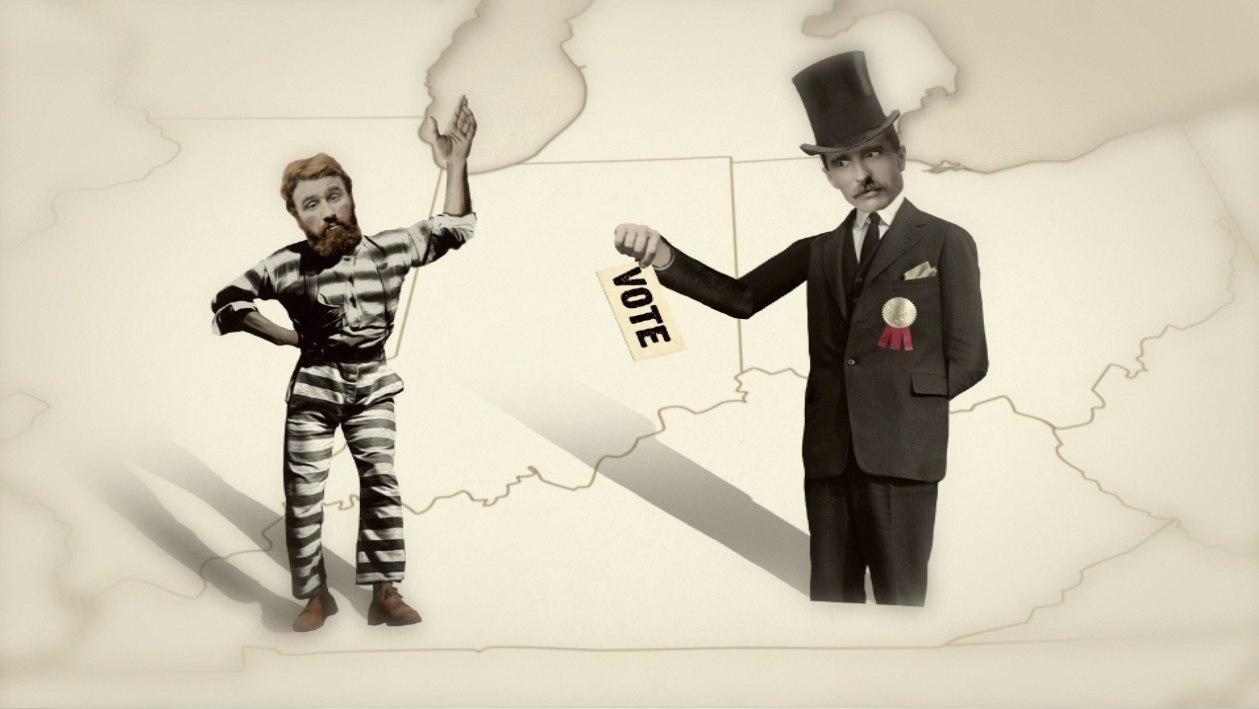
Equality & The Fourteenth Amendment Main
In the wake of the Civil War, three amendments were added to the U.S. Constitution.

The first part of the Fourteenth Amendment, known as the Citizenship Clause, automatically confers U.S. and state citizenship at birth to all those “subject to the jurisdiction” of the United States. This practice is known as “birthright citizenship.” Other countries only grant citizenship to the children of its citizens, independent of where they are actually born. For example, a child of French citizens born in England would be French, not British. The United States and Canada are the only developed nations that recognize birthright citizenship, regardless of the legal status of the parents. That means children of illegal immigrants born in the United States have full U.S. citizenship. Other nations with high immigration rates have repealed birthright citizenship in response. Some members of Congress propose doing so in the United States as well.
The Privileges or Immunities Clause of the Fourteenth Amendment was designed to ensure that all citizens of the United States enjoyed the same basic rights in every state, regardless of where they lived. However, early in the amendment's history, the Supreme Court interpreted this provision very narrowly in The Slaughterhouse Cases (1873). Therefore, many of the rights in the Bill of Rights were not extended to the states all at once through the Fourteenth Amendment. Instead, the Supreme Court ruled on each right, case by case, until over time most of the amendments in the Bill of Rights applied to both the national government and the states.
Equality content written by Linda R. Monk, Constitutional scholar
In the wake of the Civil War, three amendments were added to the U.S. Constitution.

This Supreme Court decision attempted to settle the legal status of slaves in free territories to avert a civil war, but it provoked one instead.

The Fourth Amendment protects Americans from “unreasonable searches and seizures” by the government.